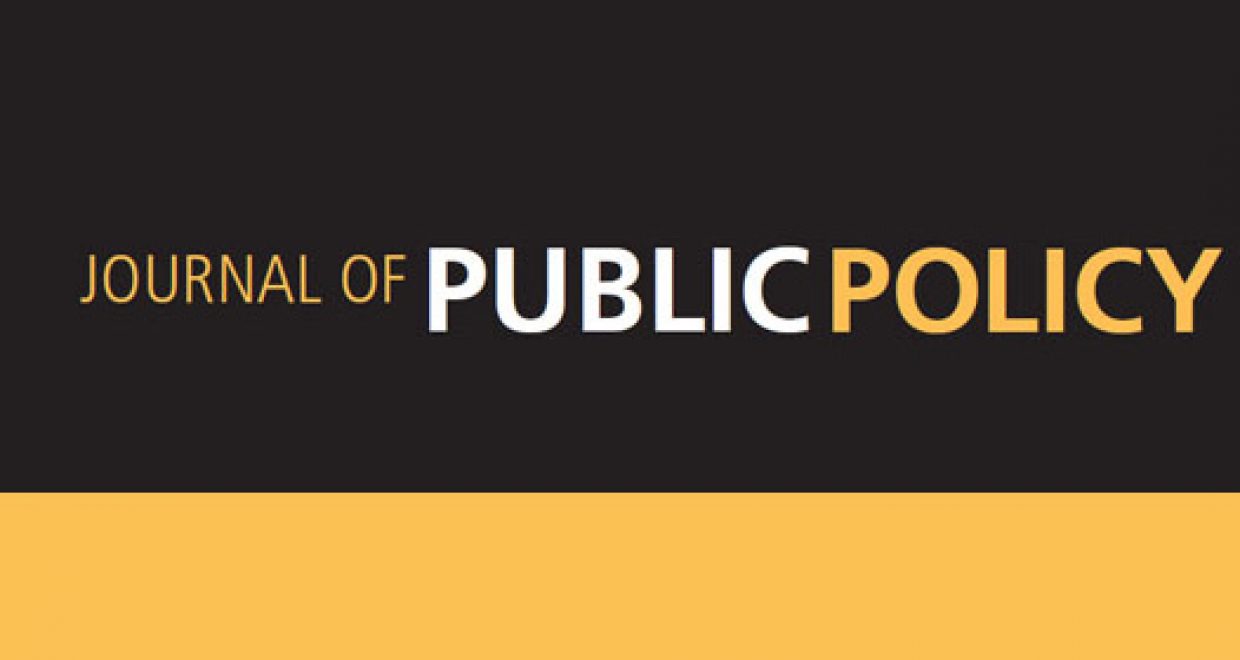As Governance Evolves, So Should Our Tools for Studying It
Decision making in highly contentious public policy domains can become mired in political conflict, leaving important policy problems unaddressed. To remedy this, public agencies across levels of government are experimenting with non-traditional governance approaches that emphasize conflict reduction and negotiation among diverse stakeholders. These approaches, which fall under the broad umbrella of collaborative governance, encourage deliberation, trust-building, and the development of “win-win” policy solutions. However, they can also be time-intensive, lead to sub-optimal outcomes, and languish during implementation, where stakeholders may lack the authority to realize the solutions they develop.
Understanding how collaborative governance processes function and when they are best employed, especially in comparison with top-down legislation and regulation, is crucial to their future success. In order to accomplish this, however, scholars who study policymaking processes need new theoretical tools that account for the idiosyncrasies of collaborative governance, suggests Dr. Elizabeth Koebele, an Assistant Professor of Political Science at the University of Nevada, Reno.
In her article recently published in the Journal of Public Policy, Koebele focuses on a tool that has been used to study a variety of policy process types: the Advocacy Coalition Framework (ACF). The ACF helps scholars interpret ‘wicked’ policymaking environments by focusing on the behavior of advocacy coalitions, or groups of policy actors drawn together by shared beliefs. While the ACF may seem like a natural fit for studying collaboration among coalitions, Koebele argues that using the ACF for this purpose, in its current form, can lead scholars to overlook or underemphasize the important advantages and limitations of collaborative governance processes. That’s because the assumptions built into the ACF were developed to explain adversarial policy processes, where coalitions compete with one another to advance their preferred policy solution. Collaborative governance turns this premise on its head by incentivizing negotiation among actors until consensus can be reached. Consequently, collaborative processes can create significantly different policymaking dynamics than those within adversarial policy processes.
By the same token, Koebele argues that the ACF (and other general policy process frameworks) are powerful because they provide a common language and set of variables with which to compare policy processes that employ different governance arrangements. Such comparisons can help scholars and practitioners understand when collaborative governance processes may be an effective approach for averting political conflict, despite their potential drawbacks. Therefore, instead of rejecting the ACF as a tool to study collaborative governance processes, Koebele draws on existing literature about collaboration, as well as a new case study of a collaborative environmental governance process in Colorado, U.S., to demonstrate how the ACF’s major components can be adapted to better suit our expectations about collaborative governance processes.
Koebele’s study suggests that integrating collaborative governance theory with the ACF not only improves the application of the ACF in collaborative contexts, but also provides new insights into the study and practice of collaborative governance. Her findings also open the door for policy process scholars to critically consider, and potentially refine, other tools for analyzing this increasingly popular and evolving form of governance.
The article was written by Dr. Elizabeth Koebele, an Assistant Professor of Political Science at the University of Nevada, Reno, and author of “Integrating Collaborative Governance Theory with the Advocacy Coalition Framework” in the Journal of Public Policy which is available free of charge until the 15th of May, 2019.






